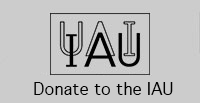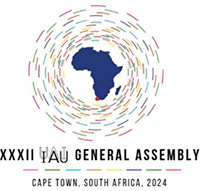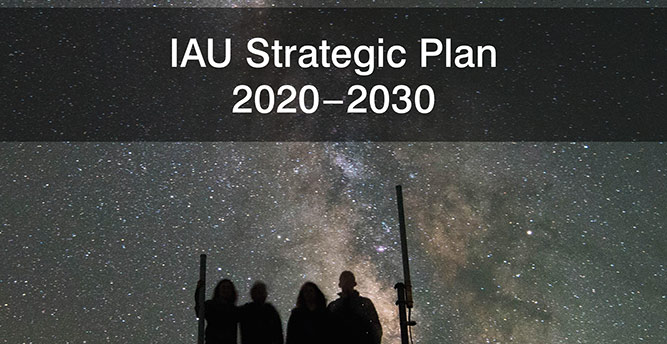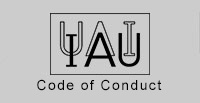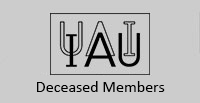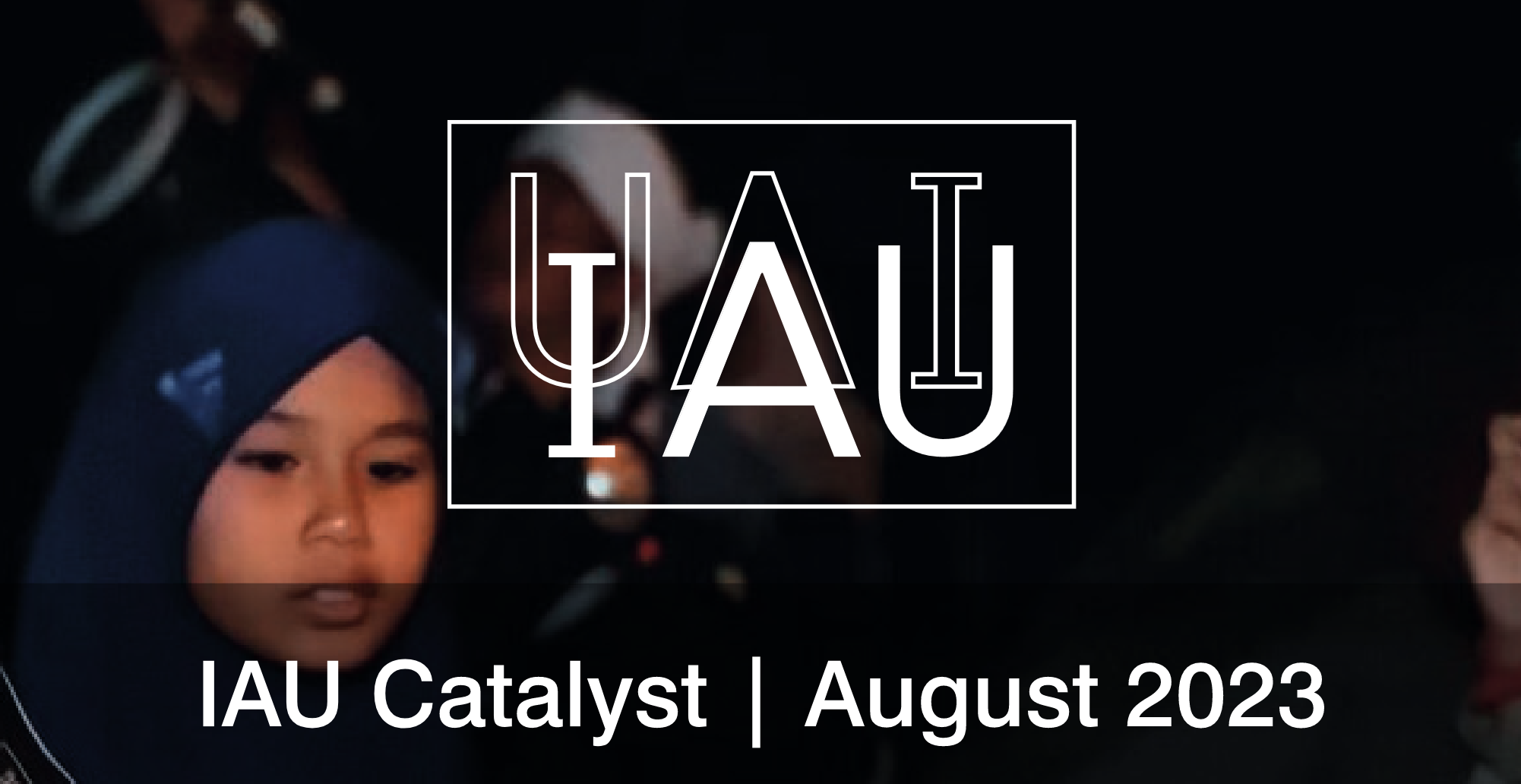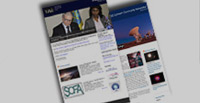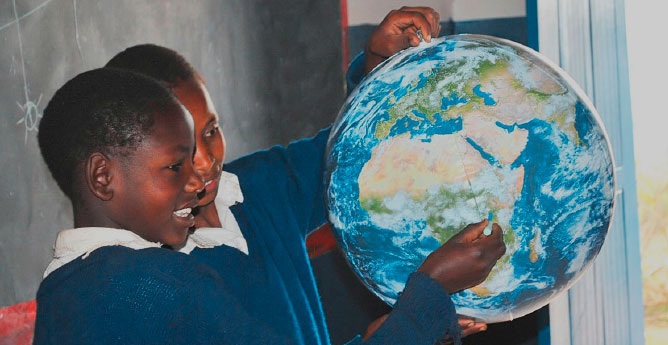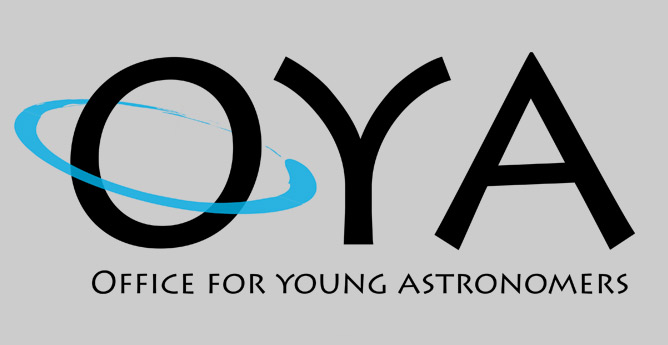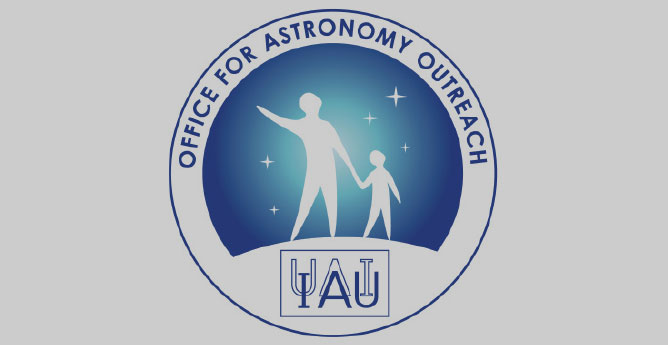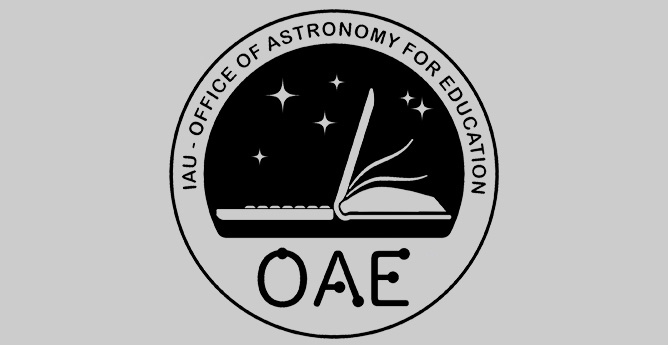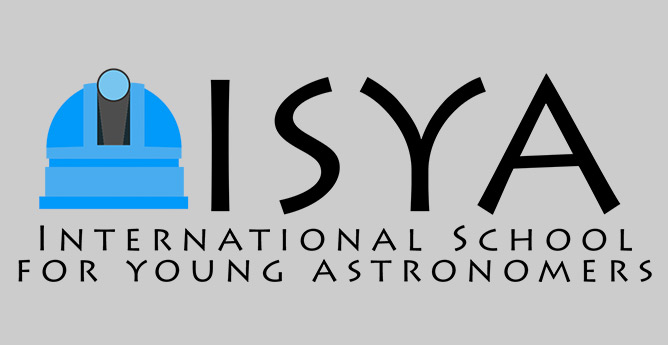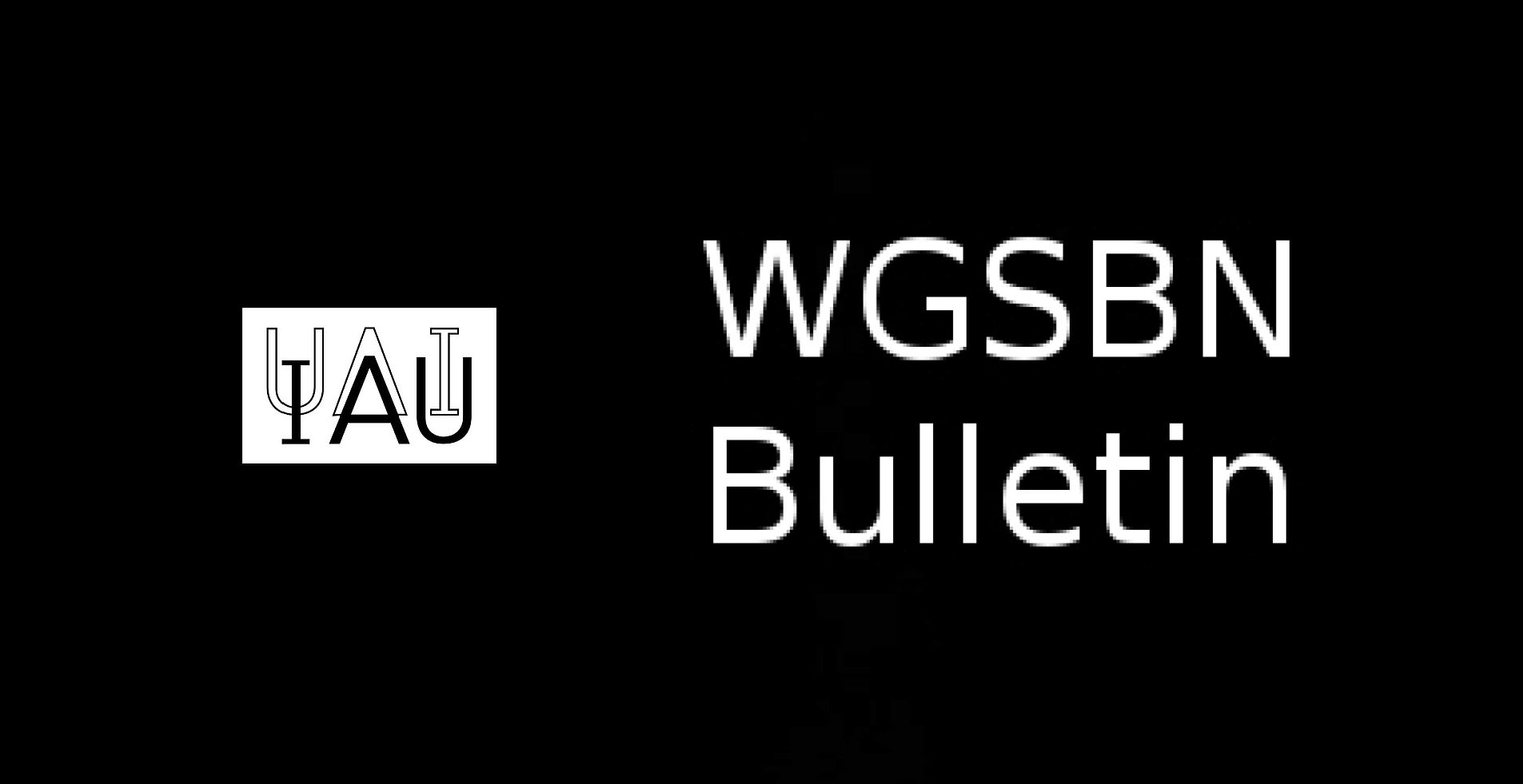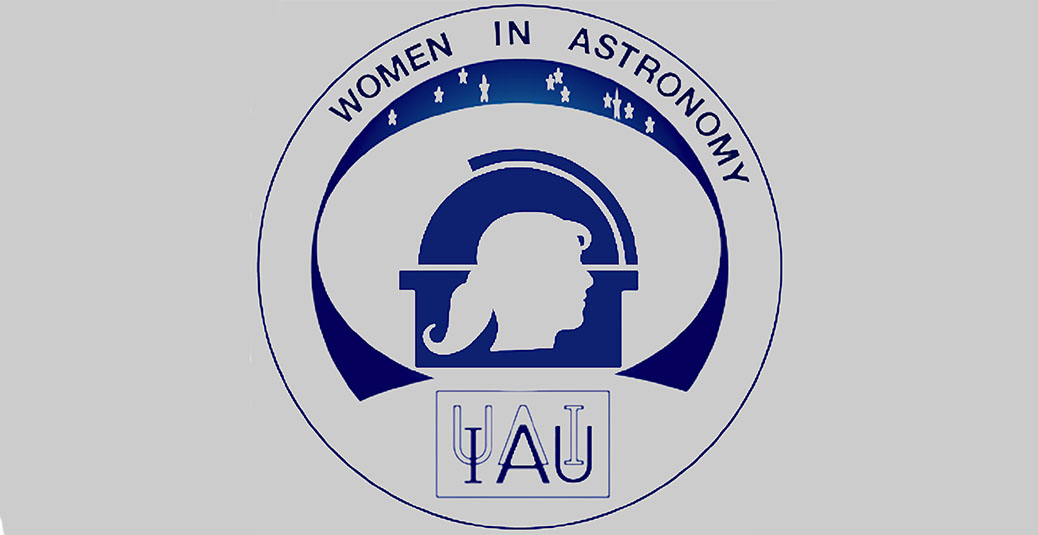- News
- Science
- Scientific Bodies
- Divisions
- Commissions
- Commission A1 Structure
- Commission A2 Structure
- Commission A3 Structure
- Commission A4 Structure
- Commission B1 Structure
- Commission B2 Structure
- Commission B3 Structure
- Commission B4 Structure
- Commission B5 Structure
- Commission B6 Structure
- Commission B7 Structure
- Commission C1 Structure
- Commission C2 Structure
- Commission C3 Structure
- Commission C4 Structure
- Commission C5 Structure
- Commission D1 Structure
- Commission E1 Structure
- Commission E2 Structure
- Commission E3 Structure
- Commission E4 Structure
- Commission F1 Structure
- Commission F2 Structure
- Commission F3 Structure
- Commission F4 Structure
- Commission G1 Structure
- Commission G2 Structure
- Commission G3 Structure
- Commission G4 Structure
- Commission G5 Structure
- Commission H1 Structure
- Commission H2 Structure
- Commission H3 Structure
- Commission H4 Structure
- Commission J1 Structure
- Commission J2 Structure
- Commission J3 Structure
- Commission X1 Structure
- Commission X2 Structure
- Past Commission Organising Committees
- Working Groups
- Centres
- Scientific Meetings
- Rules & Guidelines
- General Assemblies
- Meeting Proposals
- Future IAU Meetings
- General Assemblies
- EC Meetings
- Officers' Meetings
- Regional Meetings
- Symposia
- Focus Meetings
- Institutional Meetings
- IAU Offices Meetings
- IAU-Sponsored Meetings
- Letters of Intent submitted for 2024
- Letters of Intent submitted for 2023
- Letters of Intent submitted for 2022
- Letters of Intent submitted for 2021
- Letters of Intent submitted for 2020
- Past IAU Meetings
- Templates
- Other Meetings
- Grants & Prizes
- Scientific Bodies
- Publications
- IAU Publications
- IAU Strategic Plan
- Symposia
- WGSBN Bulletins
- Regional Meetings
- Information Bulletins/Catalyst
- E-Newsletters
- Focus Meetings
- Transactions A
- Transactions B
- Related Publications
- GA Newspapers
- CAPjournal
- IAU Books
- Brochures
- IAU Offices
- WG Reports
- Commission Reports
- Division Reports
- Past IAU Publications
- Rules, Guidelines and Instructions for Proceedings
- Publishers
- IAU Publications
- Administration
- About the IAU
- Statutes & Rules
- IAU Policies
- IAU Executive Bodies
- IAU Secretariat
- Resolutions
- Members Administration
- Administrative Dates & Deadlines
- International Organisations Relations
- Donate to the IAU
- Training in Astronomy
- Astronomy for Education
- Astronomy for Development
- Astronomy for the Public
- Office for Astronomy Outreach
- FAQ
- Themes
- Satellite Constellations
- Astronomy in Everyday Life
- How to Report a Discovery
- Careers in Astronomy
- Defining our Place in the Cosmos
- The Constellations
- Light Pollution
- Measuring the Universe
- Near Earth Objects
- How to Participate in Astronomy Research
- Naming of Astronomical Objects
- Naming of Exoplanets
- Buying Star Names
- Naming Stars
- Pluto and the Solar System
- IAU Member Statistics
- Our Moon: the Moon
- Meteors & Meteorites: The IAU Definitions of Meteor Terms
- UNESCO-IAU Portal to the Heritage of Astronomy
- Social Media
- Past Events
- Call for Online Resources
- Astronomy@Home Awards
- Contact

100 Hours of Astronomy 2021
An IAU Outreach Global Project
Overview
100 Hours of Astronomy is a 100-hour, round-the-clock, round-the-globe celebration composed of a broad range of activities aimed at involving the public. The event welcomes amateur and professional astronomers, astronomy outreach professionals to host events sharing their knowledge and enthusiasm for the Universe with the general public. The goal is to enable as many people as possible, from children to senior citizens, to engage with the sky and gain a basic understanding of our astronomical surroundings. For more information on the 2022 edition of 100 Hours of Astronomy click here.
“100 Hours of Astronomy” Concludes Successfully in Over 60 Countries
The world celebrated “Together Under One Sky” during 100 Hours of Astronomy, in over 60 countries, from October 1–4, 2021.
Continuing the legacy of celebrating “100 Hours of Astronomy,” the International Astronomical Union (IAU), Office for Astronomy Outreach (OAO) launched this year’s event under the theme; “Together under one sky,” drawing inspiration from the manner in which our community has come together during a time where physical contact wasn’t—and in many places still isn’t—possible. The IAU encouraged the global community to follow the health measures recommended by the host country or local area when participating or organizing 100 Hours of Astronomy events and urged all organizers to work online, as much as possible, in a collaborative manner.
The events spanning over 60 countries, with over 150 registered activities and many others shared on social media, 100 Hours of Astronomy welcomed astronomy projects of all kinds: including professional-amateur astronomer meet-ups; activities instigating critical thinking in young children and senior citizens; citizenship and global collaboration; dark and quiet skies awareness through virtual tours, talks, sky observation activities, lectures, art projects, etc.
Our partners, Stars Shine for Everyone (SSVI) and Leiden University donated, 10 Bresser telescopes1 to the outreach groups, awarding them for their creativity in connecting and reaching out to their communities. The winners of the 100 hours of astronomy telescopes; for all special edition telescope contest are as follows:
- IAU National Outreach Coordinator for Sudan, Astronomical Amateur Club (AAC) and Sudanese Society for Amateurs Astronomy (SSAA), Sudan
- Neuronared, Mexico
- CountingStars, Portugal
- Syrian Astronomical Association, Syria
- Gurudev Observatory, India
- Young Astronomers Development and Counseling Initiative, Nigeria
- Exodus’s AstroWorld, Hong Kong, China
- IAU National Outreach Coordinator for Iraq; University of Karbala College of Education for Pure Sciences, Department of Physics; Directorate of Karbala Municipality, Hussein Park Administration, Iraq
- Ligue des Jeunes Scientifiques Amateurs (LJSA), Algeria
- IAU National Outreach Coordinators for Tunisia and Libya, Tunisia & Libya
The first 100 events registered for 100 Hours of Astronomy received the IAU Office for Astronomy Outreach goodies, including printed versions of “Communicating Astronomy with the Public Journal.”
Both, participants and event organizers, shared their enthusiasm for astronomy on social media by using the hashtags #IAUoutreach and #100HoursOfAstronomy. Please visit the Twitter and Facebook pages of the IAU Office for Astronomy Outreach to view pictures that were submitted and shared by event organizers and participants.
Note
[1] The telescopes were a donation from Erik Dijk, Netherlands. Bresser donated two eyepieces; an electronic eyepiece (camera), a viewfinder, and a solar filter. Rob Walrecht Productions donated educational material like planispheres and Solar Scale Models.
More information
The IAU is an international astronomical organization that brings together more than 12,000 active professional astronomers from more than 100 countries worldwide. Its mission is to promote and safeguard astronomy in all its aspects, including research, communication, education, and development, through international cooperation. The IAU also serves as the internationally recognized authority for assigning designations to celestial bodies and their surface features. Founded in 1919, IAU is the world’s largest professional body for astronomers.
The IAU Office for Astronomy Outreach (OAO) is a joint project of the International Astronomical Union (IAU) and the National Astronomical Observatory of Japan (NAOJ). The mission of the OAO is to engage the public in astronomy through access to astronomical information and communication of the science of astronomy. This is implemented through a network of IAU National Outreach Coordinators (NOCs) and the IAU’s public engagement initiatives. The work of the OAO is about building bridges between the IAU and the global astronomy community of amateur astronomers, outreach professionals, educators, communicators, and the general public, to make the science of astronomy accessible to all through international collaboration.
Links
- 100 Hours of Astronomy
- IAU Office for Astronomy Outreach
- Stars Shine for Everyone (SSVI)
- Leiden University
- Bresser
Contacts
Lina Canas
Director, IAU OAO
Tel: +81-(0)422-34-3966
Email: lina.canas@nao.ac.jp
[Announcement] 2021 Edition
From 1-4 October 2021, the IAU Office for Astronomy Outreach will continue the legacy of celebrating 100 Hours of Astronomy. This year’s event will be themed “Together under one sky” drawing inspiration from how our community has come together during a time where physical contact wasn't - and in many places still isn't - possible. We encourage our global community to host or participate in events over these 100 hours, either online or in-person, with the consultation of local safety restrictions and WHO health guidelines.
We welcome astronomy projects of all kinds, including professional-amateur astronomers meet-ups, activities instigating critical thinking in young children and senior citizens, citizenship and global collaboration, and dark and quiet skies awareness through virtual tours, talks, sky observation activities, lectures, art projects and more!
There are numerous creative possibilities for activities and projects for the 100 Hours of Astronomy! Share your event in our IAU Global Outreach Event Calendar and the 10 activities that best connect communities around the world will win a telescope (see description below), in a special edition of the Telescopes for All programme. The first 100 events registered for 100 Hours of Astronomy will receive IAU Office for Astronomy Outreach goodies, including printed versions of Communicating Astronomy with the Public Journal.
Once you have registered your event, we welcome you to check our online resources to help organise your event. When spreading the word about your event on social media, be sure to use #100HoursOfAstronomy and #IAUoutreach so we can help promote your activity too!
SSVI also calls on every association and school that received an SSVI telescope in forty countries worldwide to make the telescopes available to as many as possible throughout the 100 Hours of Astronomy!
Stay tuned to our networks and channels as we release more information in the upcoming weeks.
Covid-19 Safety Measures
Please follow the health measures recommended by your country or local area when participating in the 100 Hours of Astronomy. We encourage you to work collaboratively online if possible.
Note: Once your activity is registered and visible on our event calendar you are free to use the IAU Office for Astronomy Outreach Logo in your registered event(s).
Telescopes for All: 100 Hours of Astronomy Special Edition
Our partners, Stars Shine for Everyone in collaboration with Leiden University will donate one telescope to 10 outreach groups among the 100 Hour of Astronomy activities registered in the IAU Outreach Event Calendar. The awarded groups and their registered activities will be selected based on their creativity in connecting or reaching out to their communities (e.g. amateur astronomer groups broadcasting a live observation, virtual meet-ups between astronomers and the general public, virtual meet-ups and live observations at senior citizen's homes, and others).
 |
Description of the Telescopes BRESSER Skylux 70/700 refractor telescopes (donated in second hand, excellent conditions). The telescope comes with SSVI assembly with two eyepieces (20mm and 12mm, magnification resp.35X and 56X), prism, viewfinder, solar filter and camera. The telescopes come with the signatures of three astronauts and three Nobel Prize Winners. Due to covid times digitally signed. |
Agreement
- All decisions of the organizers about any aspect of the contest, including eligibility or disqualification of applications, comments and images, and final awarding, are final and cannot be appealed.
- By submitting information for the contest, participants consent to the use, reproduction, publication, transmission and dissemination of their name and artwork, and information relating to the contest by the contest organizers and/or partners, without compensation, in any publications or promotional material.
- The Prizes will be shipped to the winners as the COVID-19 measures allow.
- SSVI and the IAU Office for Astronomy Outreach reserves the right to make changes to the contest at any time without prior notice, to temporarily interrupt the contest, or to cancel the contest without justifying or being in any way accountable for this decision. No damages or compensation may be claimed.
SSVI
The SSVI project is a cooperation between Volkssterrenwacht A.Pien vzw (Public Observatory Armand Pien) and Ghent University. The project is based on the idea that ”All children in special education and vulnerable people should have the opportunity to admire the starry sky with the help of a telescope.” says project leader and founder Jean-Pierre Grootaerd, space teacher Euro Space Society.
